Bengaluru: Since the start of the pandemic, this is the first time the daily positivity rate has increased to 55%. This means that for every 100 people tested for Covid-19, 55 people turned out to be positive. One of the reasons for rate spiking is due to the decision of testing only symptomatic people.
On Sunday, about 40,128 tests were done in Bengaluru, wherein 22,112 people were tested positive. The average daily positivity rate in the first three days of May was 45%.
Experts have taken a dim view on the decision to cull testing because the double mutant variant is spreading quickly and it can’t be ignored.
Dr Giridhara R Babu, epidemiologist and member of the technical advisory committee said, “Testing numbers are poor. Bengaluru used to do 1 lakh testing a day, but now with cases surging, only 40,000 tests are being conducted. This is certainly not the way to contain transmission. We are not only missing asymptomatic carriers but also those with symptoms and that’s concerning.
Dr CN Manjunath, nodal officer for Covid testing and head of Covid expert committee, echoed the same fears as others on the Covid management. He said, “Testing numbers have dropped all over the country. So, the number of persons actually infected could be much higher than being reported.”
A management consulting firm that analyses pandemic data, Jeevan Raksha, an initiative of Proxima, said the drop in testing would lead to deterioration of the condition of Covid 19 patients. This could lead to increased demand for hospitalisation and mortality.
Researchers said, “In the week ending April 21, average daily testing was 94,022. It dropped to 88,644 in the week ending April 28. During the same period, the 7-day moving growth rate (MGR) of positive cases shot up to 22%. The number of positive cases increased from 5,83,675 to 7,10,347 in Bengaluru urban.” MGR is used to gauge the containment and velocity of the spread of the virus.
However, BBMP special commissioner, Rajendra Cholan P said testing had not been reduced but is more targeted now. “Testing random, asymptomatic people would have worked till now, but now when there is community spread, we need to isolate symptomatic people quickly. Even if the number of symptomatic people is more than a lakh a day, early detection helps,” Cholan said. He said primary contacts who are asymptomatic continue to be tested.
Cholan also said that there is an acute shortage of rapid antigen testing (RAT) kits, which has affected testing. “We need at least 15,000 RAT kits every day, which is 4.5 lakh a month,” he said. The government has asked us to procure on our own and we have floated tenders.”
A source said, “At a time when the positivity rate is high, the best way to isolate potential carriers quickly and initiate treatment for symptomatic patients is by testing them using RAT kits. That’s not happening now.”
When contacted, authorities at Karnataka Drugs Logistics and Warehousing Society said the process of procuring kits has begun. Officials, however, refused to provide data on the current stock of RAT kits in the state.
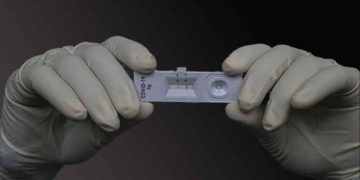

















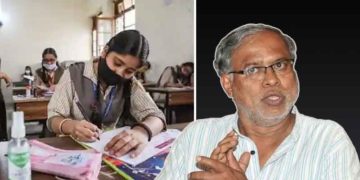


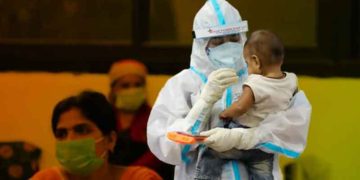





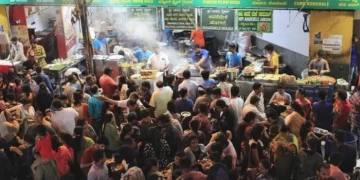






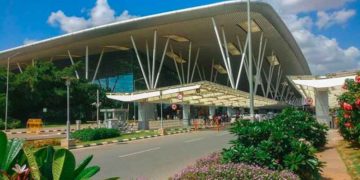























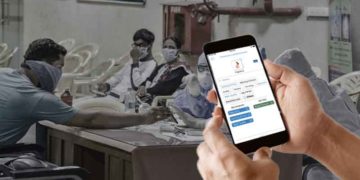







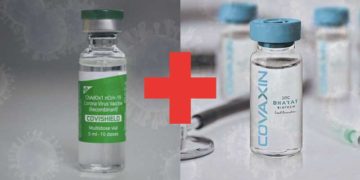




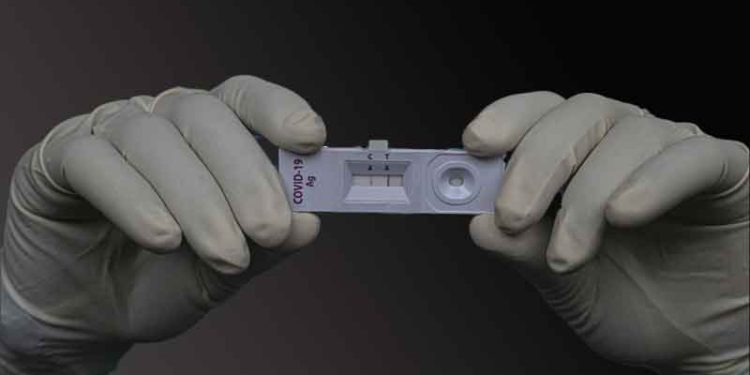

Discussion about this post